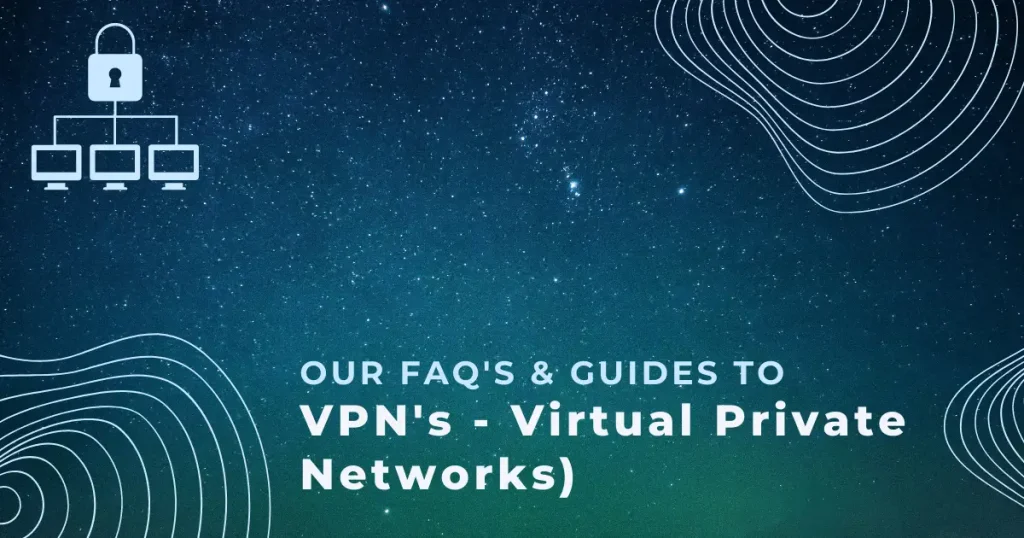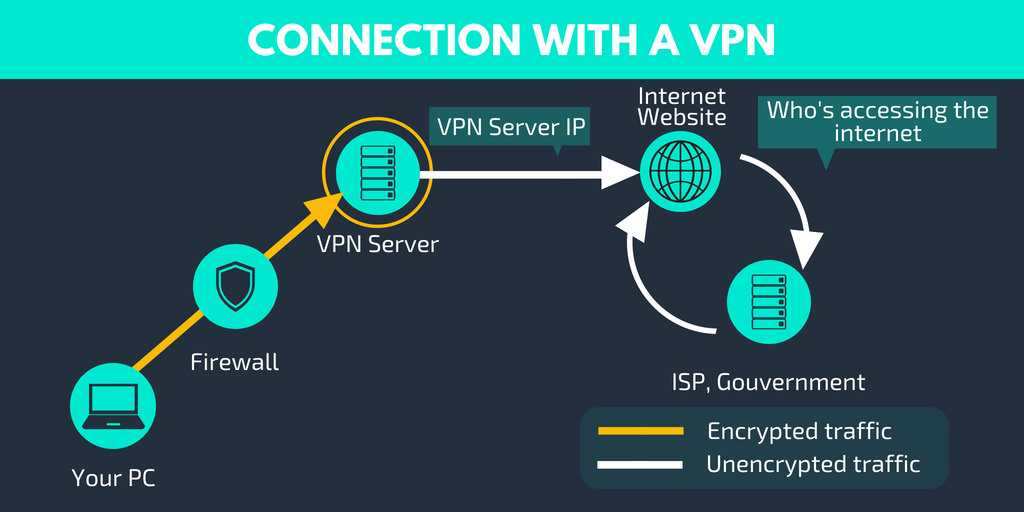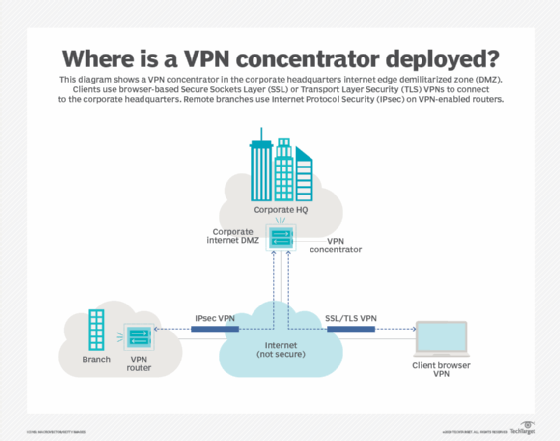Featured
Table of Contents
- – Virtual Private Network
- – What Is A Vpn, And How Does It Work?
- – What Is A Vpn And Why Should You Use One?
- – Virtual Private Network (Vpn) Apps On Mobile ...
- – Advantages And Disadvantages Of A Vpn
- – Explain How A Virtual Private Network (Vpn) ...
- – What Is A Business Vpn? │ Business Vpn Uses ...
- – What Is A Vpn: Privacy Encryption, Installat...
Virtual Private Network
In a mobile VPN, the server still sits at the edge of the company's network, allowing protected tunneled gain access to by confirmed, authorized clients. Mobile VPN tunnels are not connected to physical IP addresses.
Hardware VPNs provide a number of advantages over software-based VPNs. In addition to offering improved security, hardware VPNs can provide load balancing for big client loads. Administration is handled through a web browser interface. A hardware VPN is more pricey than a software-based one. Because of the expense, hardware VPNs are more viable for larger companies.

Paid vendor alternatives tend to be recommended more typically than complimentary ones. Some VPNvendors, amongst numerous, consist of the following: contains a strong collection of security functions with a large collection of servers.
What Is A Vpn, And How Does It Work?
Still, it is typically considered a great VPN service. It has strong personal privacy and info practices focused on security and provides additional functions such as split tunneling.
VPNs are legal in the United States, but users and organizations should inspect if they are legal in particular nations. Many VPNs offer exceptionally comparable innovations, so it can be hard to choose which VPN will work best. Paid VPN services tend to be more trusted and consist of more security functions.
Around 2017, internet users in the United States learned that ISPs might collect and sell their browsing history, and net neutrality ended up being a principle residents had to defend-- and efficiently lost. An expense was gone by the U.S. Home of Representatives in 2019 to revive net neutrality, but was ultimately blocked by the Senate.
What Is A Vpn And Why Should You Use One?
With this knowledge, using VPNs ended up being a more genuine requirement for individuals.

A VPN reroutes your traffic through a remote server, securing it at the same time. Normally, when you attempt to access a website, your ISP (Web Service Supplier) gets the request and reroutes you to your destination. When you link to a VPN, it redirects your web traffic through a remote server prior to sending it over to your destination.
Several years ago, the most common method to connect computer systems between numerous workplaces was by using a rented line. Leased lines, such as ISDN (integrated services digital network, 128 Kbps), are personal network connections that a telecom business can rent to its clients.
Virtual Private Network (Vpn) Apps On Mobile Devices
These connections form a single wide-area network (WAN) for the company. Though leased lines are trustworthy and safe, the leases are pricey, with expenses rising as the distance in between workplaces increases. Today, the web is more available than ever in the past, and web service providers (ISPs) continue to develop faster and more reputable services at lower expenses than rented lines.

Paid VPN services function really much like organization VPNs but go through a VPN service provider to reach the internet, rather than via a personal company. These services are extremely simple to use. All you need to do is download the software, install it on your device, and connect to the server of your choice.
Let's explore an analogy that describes how a VPN compares to other networking options.
Advantages And Disadvantages Of A Vpn
All your web traffic is routed through this tunnel to the server, which then sends out the traffic off to the general public web as typical. Data coming back to your gadget makes the exact same trip: from the internet, to the VPN server, through the encrypted connection, and back to your machine.
There are a couple of choices out there to set up your own, such as Outline. Doing so is relatively uncomplicated, however you'll either require to maintain a server or rent one, which is less basic. While there are some efforts to make self-hosted VPNs more accessible, it's something best delegated tinkerers who aspire to get their hands (digitally) unclean.
If you don't like that a business you're currently paying is benefiting from your data or if you have issues about ISPs hoarding detailed info about your activities, a VPN will help. Not even your ISP can see your web traffic when you utilize a VPN.VPNs likewise make it harder for advertisers and others to track you online.
Explain How A Virtual Private Network (Vpn) Works
When the VPN is active, your true IP address is hidden, and anyone seeing you can only see the IP address of the VPN server. By hiding your real IP address, VPNs reject snoops one tool utilized to determine and track you online. Regardless of that, VPNs do not make you totally anonymous online.

Some VPN services consist of dedicated antivirus tools as well, and some antivirus companies now provide VPNs. We don't generally test the malware-detecting abilities of VPNs, given that we see VPNs mainly as a personal privacy service. To resolve the hazard of malware, we think standalone anti-malware softwarewhether it's one you buy or the one that ships with your computerdoes a much better job.
A VPN will hide the contents of your web traffic from some observers and can make it harder for you to be tracked online. However a VPN can, at best, provide only restricted security versus the risks you're probably to encounter online: malware, social engineering frauds, and phishing websites.
What Is A Business Vpn? │ Business Vpn Uses And ...
All your web traffic is routed through this tunnel to the server, which then sends the traffic off to the public web as typical. Information coming back to your gadget makes the very same trip: from the web, to the VPN server, through the encrypted connection, and back to your machine.

There are a couple of options out there to set up your own, such as Overview. Doing so is relatively simple, however you'll either need to preserve a server or rent one, which is less simple. While there are some efforts to make self-hosted VPNs more available, it's something best delegated tinkerers who are excited to get their hands (digitally) unclean.
If you do not like that a company you're already paying is profiting from your information or if you have issues about ISPs hoarding detailed details about your activities, a VPN will assist. Not even your ISP can see your web traffic when you utilize a VPN.VPNs likewise make it harder for advertisers and others to track you online.
What Is A Vpn: Privacy Encryption, Installation & More
When the VPN is active, your real IP address is hidden, and anybody watching you can just see the IP address of the VPN server. By hiding your genuine IP address, VPNs deny snoops one tool utilized to recognize and track you online. In spite of that, VPNs do not make you totally anonymous online.
Some VPN services include devoted anti-virus tools as well, and some antivirus companies now provide VPNs. We do not normally check the malware-detecting capabilities of VPNs, considering that we view VPNs mainly as a privacy service. To attend to the threat of malware, we believe standalone anti-malware softwarewhether it's one you buy or the one that ships with your computerdoes a much better task.
A VPN will hide the contents of your web traffic from some observers and can make it harder for you to be tracked online. However a VPN can, at best, supply just minimal security versus the hazards you're most likely to come across on the internet: malware, social engineering rip-offs, and phishing websites.
Table of Contents
- – Virtual Private Network
- – What Is A Vpn, And How Does It Work?
- – What Is A Vpn And Why Should You Use One?
- – Virtual Private Network (Vpn) Apps On Mobile ...
- – Advantages And Disadvantages Of A Vpn
- – Explain How A Virtual Private Network (Vpn) ...
- – What Is A Business Vpn? │ Business Vpn Uses ...
- – What Is A Vpn: Privacy Encryption, Installat...
Latest Posts
Best Vpn For Business
9 Best Corporate & Small Business Vpn Solutions
Vpn By Google One - Extra Online Security For Your Phone
More
Latest Posts
Best Vpn For Business
9 Best Corporate & Small Business Vpn Solutions
Vpn By Google One - Extra Online Security For Your Phone